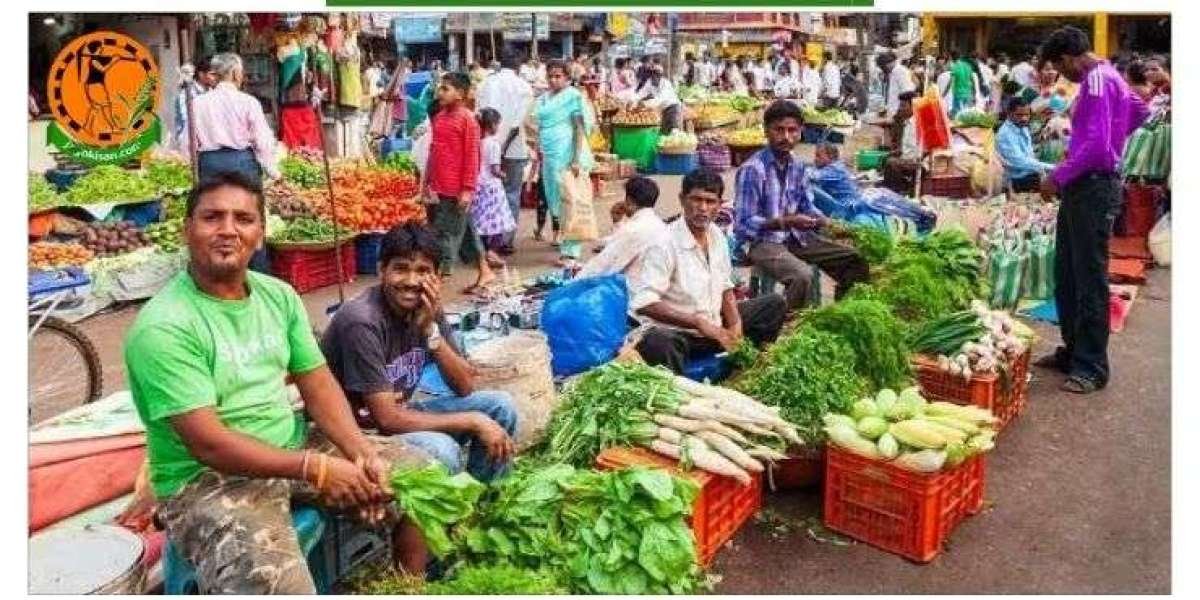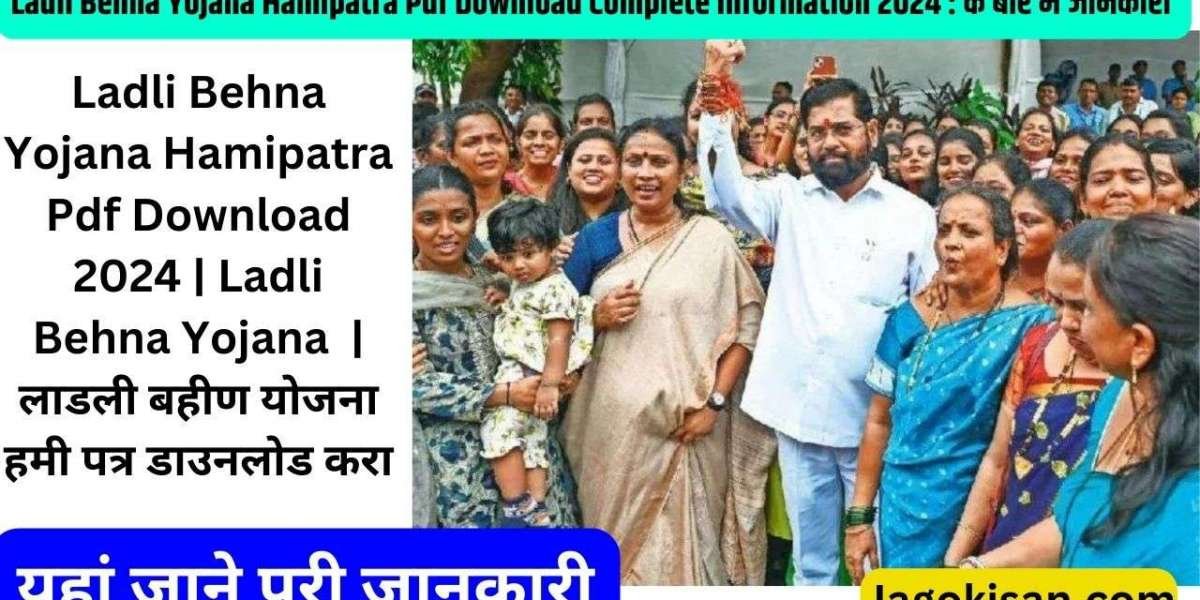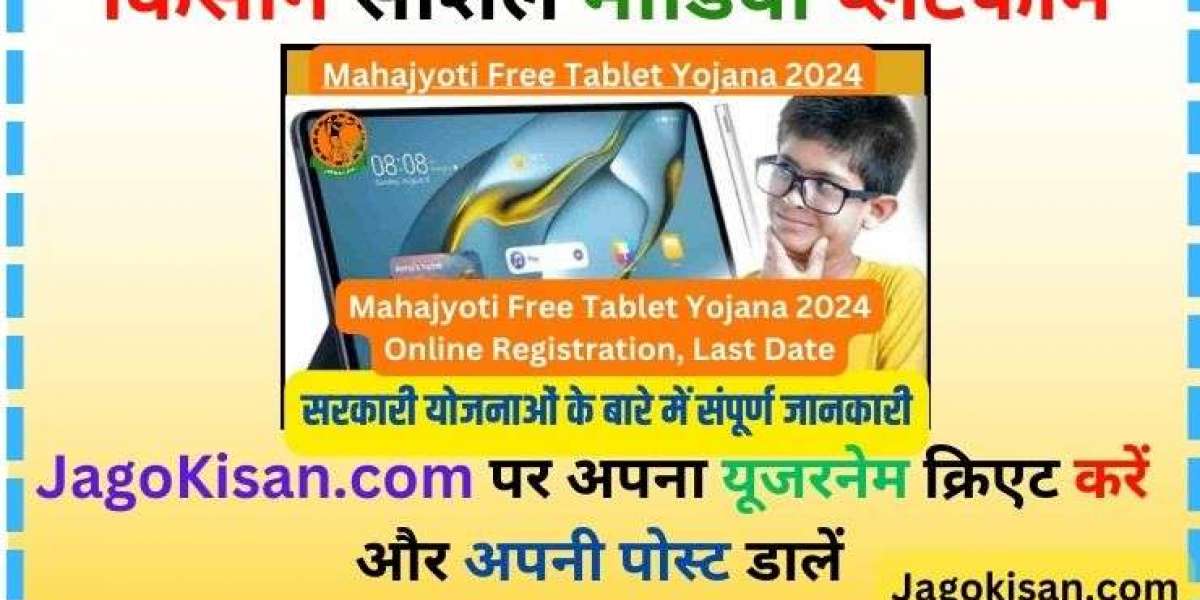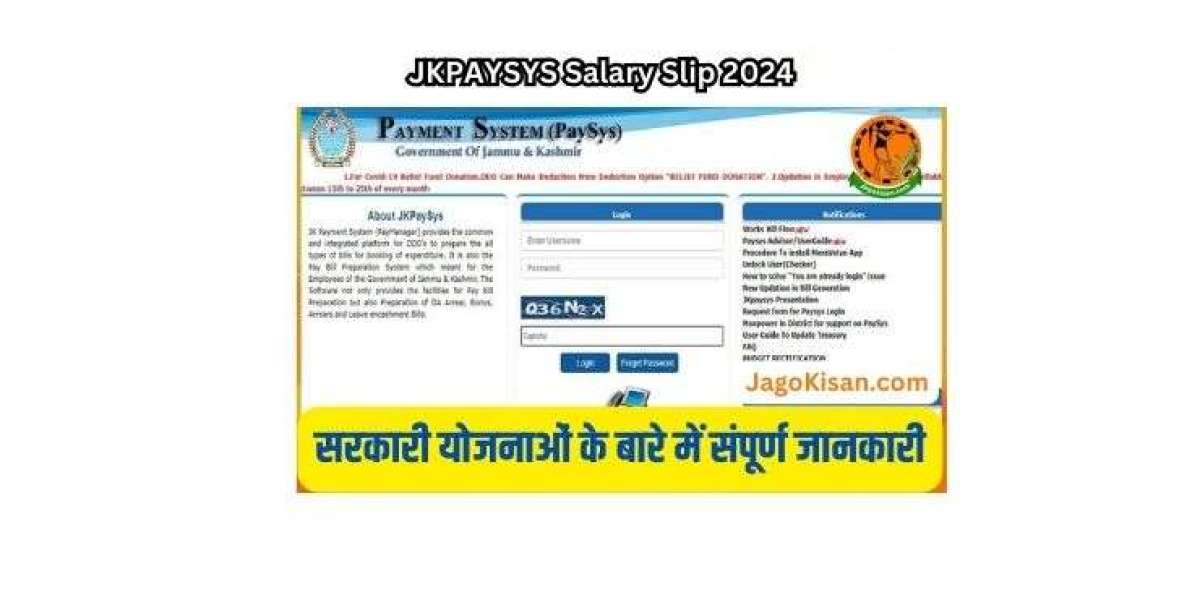Karnataka Ration Card :- Ration cards, the official method of obtaining food concessions, are issued by the Government of Karnataka to eligible households. It issues ration cards under the National Food Security Act. In Karnataka, ration cards are distributed by the Department of Food, Civil Supplies and Consumer Affairs.
The weakest segments of society determined by multiple sources are given ration cards by the Karnataka government, which also ensures their food security. For the purpose of applying for a PAN, income certificate, domicile certificate, etc., the ration card acts as identification documentation.
Karnataka Ration Card 2024
Ration cards are an official document that the Karnataka government provides to households in the state so they can purchase food grains at discounted prices. The National Food Security Act governs the distribution of ration cards. In Karnataka, the Department of Food and Civil Supplies is responsible for issuing ration cards.
Karnataka Coop Banks Loan Interest Waiver Scheme 2024
In addition to offering food grains at discounted prices, a ration card verifies an applicant’s identity when they apply for other documents including income certificates, PAN cards, and driver’s licences. Only state citizens are granted a Karnataka ration card.
Karnataka Ration Card Types
Following are the types of Karnataka Ration Card.
Priority Household (PHH) Ration Card
Households in rural areas are issued PHH ration cards. The cards in this group will receive food grains each month at a discounted cost. Each month, the cardholders will get Rs. 3 per kg of rice, Rs. 2 per kg of wheat, and Rs. 1 per kg of coarse grains.
Annapurna Yojana (AY) Ration Card
The AY ration card is given to the state’s impoverished inhabitants who are above 65. The government will provide them with up to 10 kg of food grains each month.
Antyodaya Anna Yojana (AAY) Ration Card
Families earning less Rs. fifteen thousand a year are eligible to receive the AAY ration card. The government provides them with food grains at reduced prices. Each month, the cardholders will receive wheat at Rs. 2 per kg and rice at Rs. 3 per kg.
NPHH, or Non-Priority Household Ration Card
Families with a significant and steady annual income are eligible to receive the NPHH. Nevertheless, these cards are not qualified to receive food grains from the government at discounted prices. For cardholders, it acts as identification documentation.
Eligibility for Applying for a Ration Card
- The candidate needs to be a Karnataka state permanent resident.
- A ration card should not be held by the applicant.
Documents Required to Apply for a Ration Card
- Passport size photograph.
- Address proof.
- Income proof.
- Age proof.
- Aadhaar card.
- Tenancy agreement where the applicant lives on rented premises.
- Certificate from the Pradhan or Ward Councillor.
Karnataka Ration Card Application Process
- Go to the Food, Civil Supplies, and Consumer Affairs department’s official website.
- Tap the ‘e-Services’ link on the home screen.

- After selecting the “e-Ration Card” option, select the “New Ration Card” option from the tab on the left side of the screen.
- Choose the language that you want to use.
- Choose the option labelled “New Ration Card Request.”
- Choose the ration card type.
- After entering your mobile number and Aadhaar number, press the “Go” button.
- Choose between the “OTP” and “Finger Print Verification” options for authentication.
- The registered mobile number receives the OTP when the OTP option is used. Click “Go” once the OTP has been entered in the designated field.
- The screen will show the Aadhaar details after the verification is successful. Press the “Add” button. There is a generation of an application number.
- To add or update family members to the application, select the “Add Family Member” option.
- After choosing the address, select “Next Stage.” The address’s pin code will be used to automatically choose the fair price shop.
- Candidates for cities must choose “City,” “Ward No,” and “Name” before clicking “Next Stage.”
- After choosing “Family Head,” press the “Next Stage” button.
- To submit the application, click the “Save” button.
- To print the pre-final ration card, select the “Yes” option.
- The printed ration card will be sent to the applicant’s address by the Department.
- The following locations are where candidates can submit an offline application for ration cards:
- Grama One.
- CSK (Common Service Centers).
- Kiosk located at Bangalore One and Karnataka One.
- Janasnehi Kendra.
- Gram Panchayat.
- POS Shops.
- The ration card costs Rs. 70, which must be paid by the applicants.
Check the Status of Ration Card Applications
- Go to the Food, Civil Supplies, and Consumer Affairs department’s official website.
- Tap the ‘e-Services’ link on the home screen.
- On the left side of the screen, select the “e-Status” option and then the “New/Existing RC Request Status” option.
- Choose the relevant division or district next.
- Select the “Application Status of newly applied Ration Card.”
- After choosing the “Area” and inputting the “Acknowledgment Number,” press the “Go” button.
- The screen will show the current status of the ration card.
Karnataka Saptapadi Vivah Yojana
FaQ
1. What is a Karnataka Ration Card?
A Karnataka Ration Card is an official document provided by the Karnataka government to eligible households, enabling them to purchase food grains at subsidized prices under the National Food Security Act. It also serves as an identification document for various applications like PAN, income certificates, and domicile certificates.
2. Which department issues Ration Cards in Karnataka?
The Department of Food, Civil Supplies, and Consumer Affairs is responsible for issuing ration cards in Karnataka.
3. What are the types of Karnataka Ration Cards?
- Priority Household (PHH) Ration Card: Issued to rural households, offering food grains at subsidized rates: Rs. 3 per kg of rice, Rs. 2 per kg of wheat, and Rs. 1 per kg of coarse grains.
- Annapurna Yojana (AY) Ration Card: For impoverished residents above 65 years, providing up to 10 kg of food grains per month.
- Antyodaya Anna Yojana (AAY) Ration Card: For families earning less than Rs. 15,000 annually, offering wheat at Rs. 2 per kg and rice at Rs. 3 per kg.
- Non-Priority Household (NPHH) Ration Card: For families with a significant and steady income, not eligible for subsidized food grains but serves as identification documentation
brothers, if you are liked given with the information then plz like and share so that other farmer brothers can also be helped








